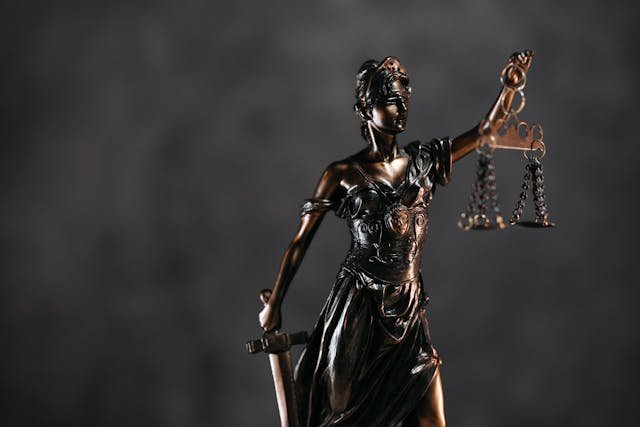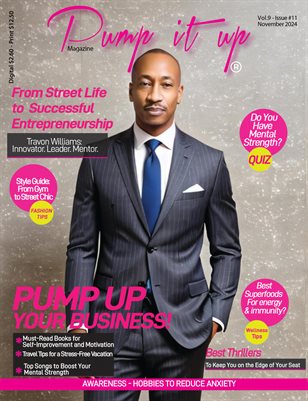Right now, the music industry is awakening to the potential of digital property rights to transform how musicians earn a living, and fans are discovering new ways to connect with the music and each other.
Asking “What is the metaverse?” is a bit like asking “what is the internet”? In many ways, they are the same question. The short answer is that the metaverse is the online world, but what we usually mean when we talk about the metaverse is the emergence of free-form, community-created 3D worlds, and the right to own and sell digital items and property (aka NFTs).
The transformation from newspapers and magazines to the internet was a really big deal. For most people, newspapers and magazines were not things that we participated in: The internet is. But for decades, we didn’t really participate fairly in the value generated by the internet. We didn’t monetize our Facebook posts: Facebook did.
As soon as bands got on Facebook and built up a huge following, Facebook took away our ability to reach that following. We did all the work. We made the music and attracted the followers, but one day, Facebook pulled the rug from underneath us: Suddenly, we couldn’t communicate with our fans without paying for the privilege.
I helped build one of the top music apps of the day. BandPage had 500k bands and 30 million monthly active users. Bands would set our app as their landing page on Facebook, where fans could immediately listen to the music, share it with their friends, buy merch, or discover when the band would be in town.
Then one day, Facebook took away the ability for artists to decide their landing page. The landing tab was no more, and 90% of users could no longer find their favorite music to interact with it.
One centralized player made one choice, and the music community on Facebook was silenced overnight.
One of the key components of the metaverse is community ownership. The modern metaverse is backed by services that everyone with some tech skills can keep running, powered by crypto networks. When services are decentralized in that way, no single entity can control what we can and can’t do with our content, property, and spaces. Decentralization means that many people are responsible for providing the services we rely on, instead of one dictator.
Decentralization isn’t new. Much of the web itself is decentralized — anybody can connect to the internet and host a web server anywhere without permission. Email is decentralized, too. You don’t have to use gmail if you don’t like it because there are many email providers, and you could run your own email server if you have the tech skills.
What is new is nothing short of revolutionary: Digital property rights. You can now sell a digital song to a fan like you could sell an autographed vinyl LP to a collector. Sure, that fan could stream the MP3 an unlimited amount of times for free on Spotify, but people are willing to pay to own something. When you stream a song, it isn’t yours in any meaningful way. This technology is often called NFTs or “Non Fungible Tokens”.
You (the artist) retain the copyright, but they (the buyer) hold a digitally signed copy of your song that can be limited or even a 1 of 1 edition. The buyer has the right to sell it, just like they could sell an autographed vinyl.
Those kinds of sales can make sense for artists no matter how big their fanbase is. I write this as Amon Tobin is dropping his new album as 1/1 songs on Catalog, earning him $15k so far, with each buyer paying at least $2k per song. That’s about the equivalent of 3.75m streams on Spotify, coming from just a handful of supporters.
Fans want to support their favorite artists, and superfans are willing to pay thousands of dollars for one song to do it. Twitch streamers have known that fans want to support them for a while now. It’s not unheard of for a fan in a Twitch crowd to gift subscriptions to 100 other fans at a time, just because they want to show some love to the artist and community. Fans get into tipping wars, driving tip amounts up to thousands of dollars for 2 minutes of community clout.
Since tours have taken such a big hit lately, struggling musicians need and deserve every bit of support they can get. We have hardly begun to explore the full range of new business models we’re opening up in the music metaverse.
Why Are Major Labels and Artists Jumping In?

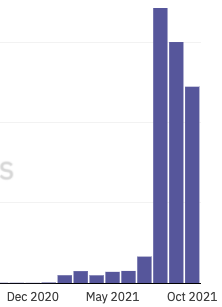
OpenSea, the largest marketplace for NFTs (the digital property underlying the metaverse) sold $8m in January this year (2021). So far in October, they’ve sold about $2.5b. After the music industry fought hard against MP3s, missing out on $billions of potential streaming royalties for an entire decade, we’re not about to repeat the mistakes of the past. From an artist’s perspective, one of the best things about digital drops is that secondary market royalties can be added to the smart contracts that govern the exchange of digital items, so your favorite artist can get paid forever for their next legendary recording, every time it’s resold.
In a world where only a select few artists have been able to earn a full time living, royalties are a game-changer that may just make it possible for more people to earn a sustainable living from their art.
Who’s getting involved? One of our favorite drops was The Weeknd’s “Acephalous” The Source/Artifacts series which sold on Nifty Gateway. You can view the collection on OpenSea.
Other notable artists dropping NFTs include Weezer, Eminem, Mick Jagger and Dave Grohl, RAC, Steve Aoki, Flying Lotus, The White Stripes x The Glitch Mob, and of course, Snoop Dogg sold a private party pass that promises “Access to Snoop Dogg’s lifestyle: attend Snoop’s private metaverse parties, get access to exclusive NFTs, and enjoy priceless experiences..”
Digital merch sales are opening up a new form of audio/visual collaboration. For example, Calvin Harris teamed up with Emil Nava for the TECHNOFISH series.
MF Doom famously dropped a groundbreaking augmented reality collection of his iconic masks just before he passed away. We have always been huge fans in our house, and we were utterly heartbroken by the news of his passing.
So far we’ve seen short-form music video clips from The Weeknd and Mick Jagger, virtual toys from Weezer, augmented reality masks you can view on your own face, and an access pass from Snoop. I haven’t even mentioned virtual fashion, cars, real-estate, and concert tickets yet, have I? In just a handful of examples, we’re seeing lots of very different sounding things being called “NFTs”. That begs the question, what exactly is an NFT?
What Does NFT Mean?
All digital assets, no matter what they are, are ultimately represented by tokens: random-looking strings of text encoded on a shared accounting ledger. That ledger keeps track of who owns what in a way that anybody with the skills or a good app can verify. If I say I have a ticket to your online concert, and that ticket is backed by a token on that ledger, you can verify that I’m telling the truth without knowing or trusting me.
And we trust the ledger because we can all own a piece of it, and any of us can verify the information it contains with the right tech skills or the right app. We don’t have to trust each other to do business. That’s why you’ll hear the word “trustless” a lot if you spend much time exploring the space.
As a tech person, I understand where the term NFT comes from — to distinguish them from fungible cryptocurrencies that are used as money. $1 is $1 and any dollar can buy anything that costs $1. But as a musician, the term tells me nothing about what you’re selling, because almost everything in life is Non-Fungible, so when we’re talking about NFTs, it’s often useful to get more specific.
So what is an NFT? It can be anything, from a digitally autographed audio recording of your song to a concert ticket, to a fan club membership token.
Almost anything can be an NFT. If it’s digital and you can buy and sell it on an open marketplace like OpenSea, it’s an NFT.
Metaverse Music
When we talk about the music metaverse, we’re really talking about many different things:
- Audio/visual art
- Digital merch & fashion
- Streaming concerts
- 3D worlds
- Avatars
- Tickets, memberships, and access passes
- Much more…
This past week, Decentraland hosted the first Metaverse Festival featuring 80 artists and DJs. Some highlights for me included Autograf, Deadmau5, KJ Sawka (Pendulum, Destroid), and Benji Patterson, but the full lineup included something for everyone.
The festival included everything you’d expect at a music festival, including a VIP area exclusive to Metakey holders, food trucks, and a merch village, where people could buy Decentraland wearables.

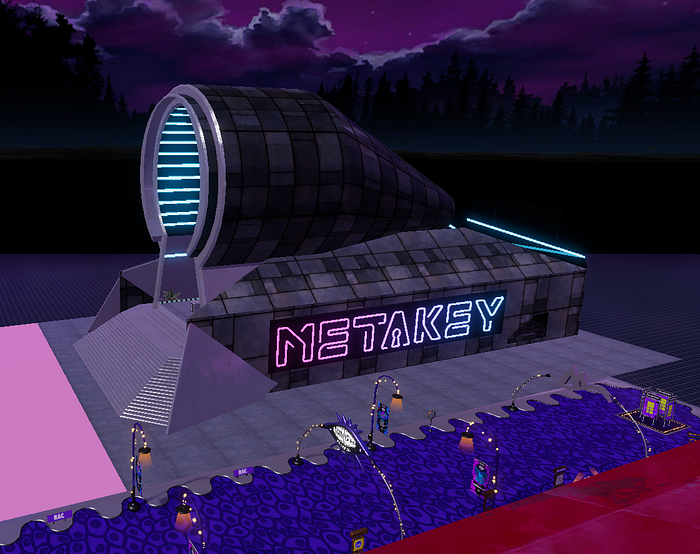
Ever been to concerts with T-shirt canons launching merch into the crowd? Airdrops parachuted crates of virtual goods onto the main evolution dancefloor throughout the festival, distributing limited-edition treasure to lucky attendees.

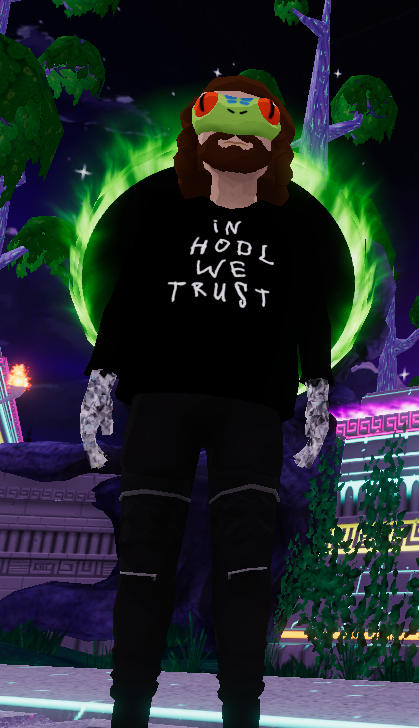
Other features included a ferris wheel, a slide, hot air balloons, mini-games, and a train you can ride around the festival grounds.
Decentraland’s wasn’t the first metaverse music festival. Earlier this year, Porter Robinson’s Secret Sky Festival hosted an all-day lineup of acts culminating in Porter Robinson’s stunningly produced headline set — well worth the watch on YouTube if you missed the live stream.
There is a key difference, though. We own the stuff we collect in Decentraland. Now that we have the merch in our wallets, we can go to any supporting 3rd party platform and sell it. You can buy and sell land in Decentraland as well, and build your own stages, concert halls, practice studios, galleries, meeting spaces, living rooms, or spaceships.
Secret Sky was an extremely well executed experience with cute little hooded avatars, trees, stream, secret dancefloor, and all. I’d love to see a digital merch drop that fans can collect to remember the artistically stunning experience.
Ristband is building a metaverse dedicated to virtual concerts. Like Decentraland and the Secret Sky Festival, it’ll be a 3D space where people can wander around like they can in a video game, discover live shows, and attend in VR. We can’t wait to check it out.
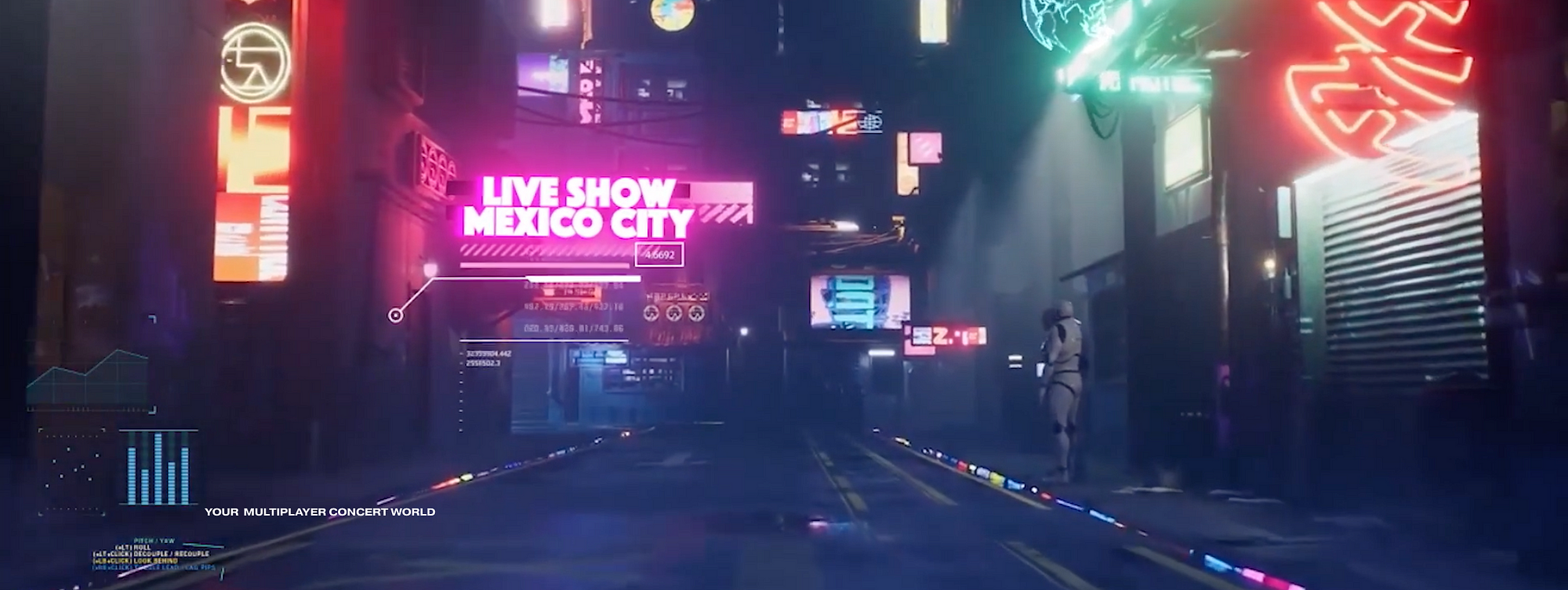
The difference between an ephemeral concert and one that drops digital merch is difficult to describe. When we own a piece of it after the fact, we have something to anchor our memory to: something that brings the feeling back.
The things we collect in the metaverse tell a story about us: the bands we love, the places we’ve been, and most importantly, the connections we form with other people. Fans who hold items from the same artists instantly recognize a bit of themselves in other people. We know at a glance that we have something in common, just like spotting your favorite band T-shirt on the street. We smile and nod. “I see you.”
People who unironically joke about right-click saving JPGs are missing the point. We’re not buying JPGs. We’re buying membership, identity, status, and a sense of ownership. And it’s addictive AF.
Community is Everything
One of the most addictive qualities of owning music tokens is the community that tends to build around them. An artist can create a membership token that grants special access, or a profile picture collection that fans can use to identify themselves on social media, or in your Twitch/Discord chats. The authenticity of those tokens can be easily verified. You can’t fake the funk.
Personally, we can’t wait until we can collect metaverse drops from all our favorite artists. There is an immense catalog of legendary performances that bands could be getting paid for, in perpetuity. We want to support them for the amazing art they’re putting out into the world.
There are stunning performances from artists like Arlo Parks on YouTube. What if you could own a limited edition copy digitally signed by Arlo Parks, and the performers could get paid every time one sold, for life?
We’ve had Bachelor’s “Stay in the Car” on loop since it came out. We’d pay good money to own a limited edition of the outrageously creative video. We’d drop a big chunk of change on it today, if we could.
We see a future where metaverse drops and performances will be an integral part of every artist’s life, and a major contributor to the artist’s income. One of our favorite things about the metaverse is that we, the music community, get to decide what music is worth. And it’s worth a lot more than the traditional music industry was ever able to realize.
Today we’re announcing the upcoming free Greenruhm Flyer Drop: A stunning collaboration between Greenruhm, Tom Jarrett (director/animator of the beautiful Lamb’s Wool video from Foster the People), and legendary guitarist, Jonny Polonsky.
For a chance to own it, Join the Music Metaverse Discord.
Welcome to the music metaverse.
Next Steps
Want to learn more? Want to learn how to create and issue drops, host virtual concerts, or build a membership token for your fan club? We’re launching a new community to help.
Join the Music Metaverse Discord, open to all people interested in building and supporting the music metaverse. Browse the channels, learn about what other artists and creators are doing, learn about the various metaverse/NFT platforms, and more.
Follow Greenruhm on Twitter for news and updates.
Eric Elliott is the founder of Greenruhm.com, a social network where every post is a music metaverse drop fans can buy, collect, and share. He helped build BandPage (now YouTube Artist Pages), which hosted 500k bands including Usher, Frank Ocean, Metallica, etc. He was an early contributor to Adobe Creative Cloud, and tech lead on a video social network used by CBS, NBC, BBC, and many more.
He enjoys a remote lifestyle with the most beautiful woman in the world.



